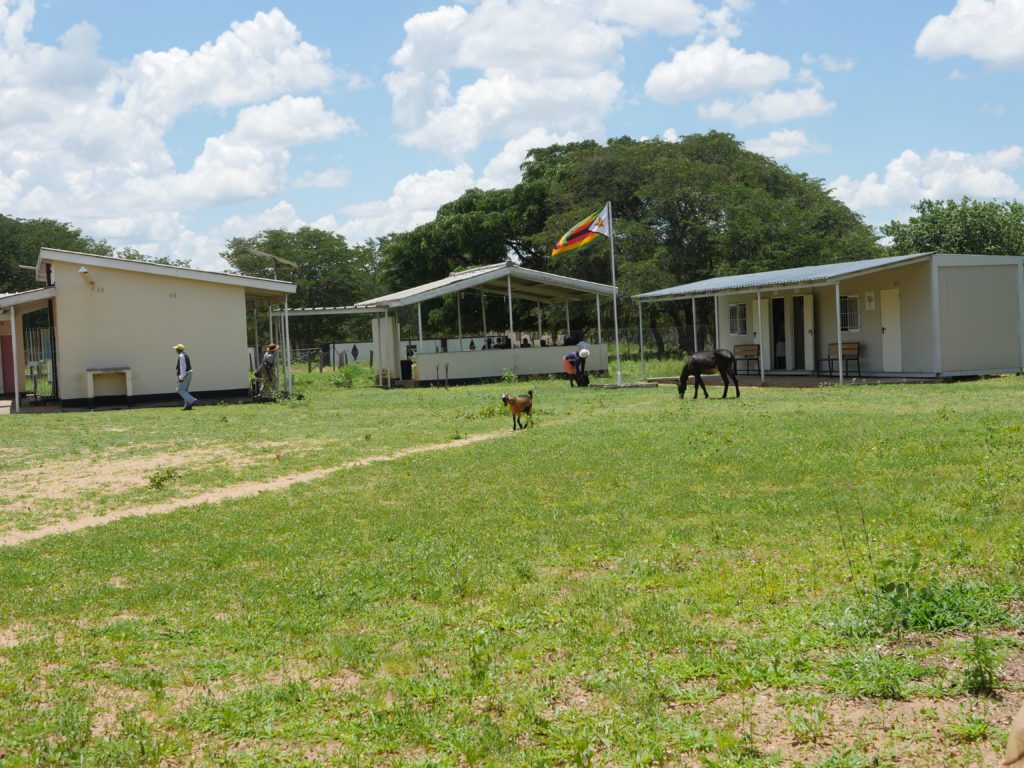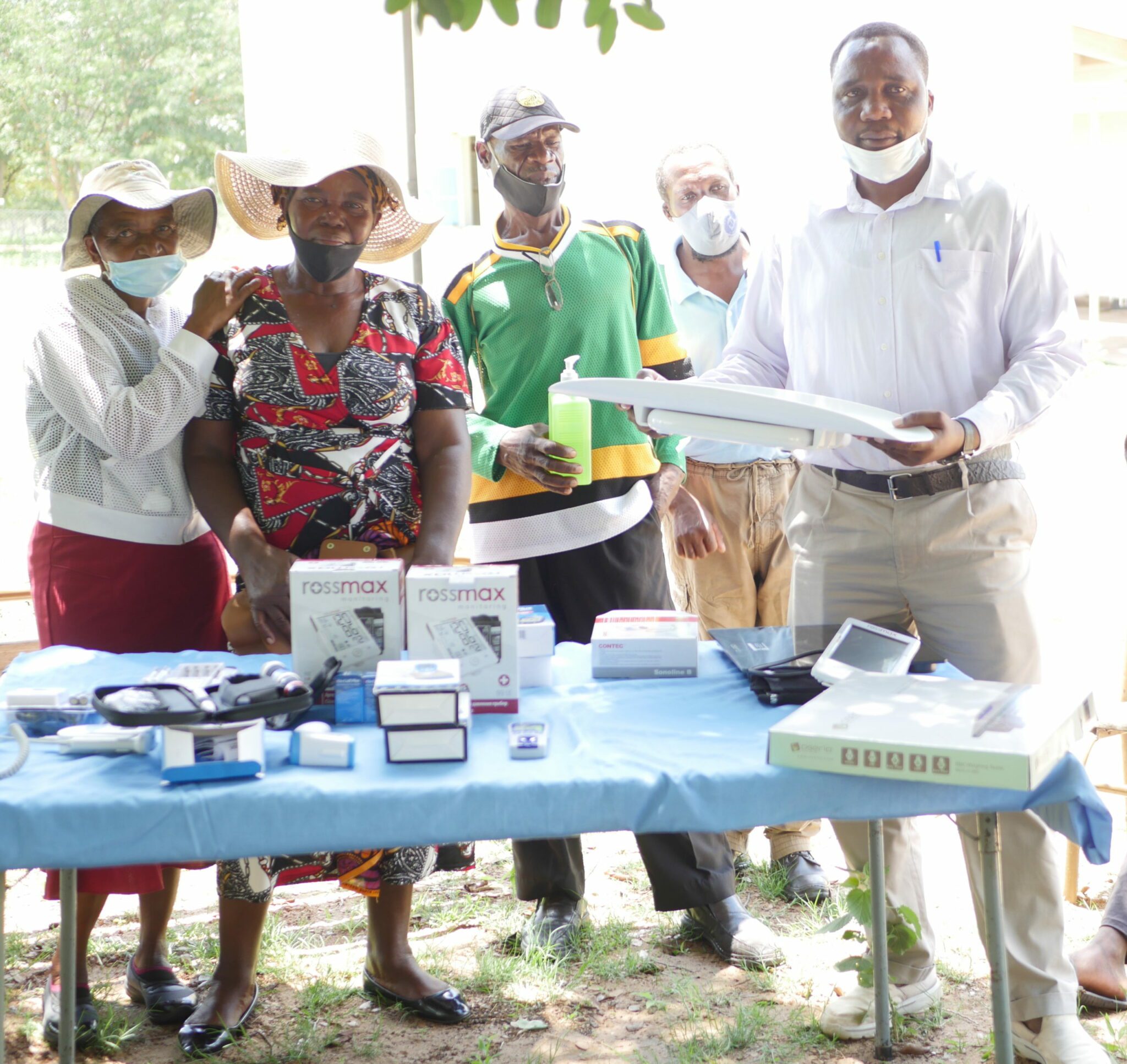Eighty Zimbabweans who grew up in Nyamandlovu District and are now working in the Diaspora joined hands to buy life-saving medical equipment for their local clinic in Igusi.
Igusi Clinic is located about 80 kilometres from Bulawayo, in Umguza District.
The diasporans formed an initiative called, Igusi Clinic Project, with 80 members, each contributing R50 and they managed to purchase a Doppler Scan, an HB Haemoglobin Starter Kit, two Glucometer palm labs, Blood Pressure Monitors, Thermometers, a Digital Scale for babies and a MBI weighing scale for adults.
The goods were handed over to Igusi clinic on Wednesday and the event was attended by Ward 12 Councillor Johannes Sibanda, village heads, clinic staff and village health workers.

Igusi Clinic staff led by Nkululeko Ndlovu, expressed gratitude for the life saving equipment which he said would improve the delivery of health services to villagers.
He explained that for instance the Doppler Scan would assist pregnant women, as it was used to study the heart beat and blood circulation in the baby, uterus and placenta.
“Instead of referring pregnant women to hospitals all the time or just watching them without equipment, the Doppler Scan will alert us if there is any concern about a baby’s condition and I’m sure this is the first clinic in Umguza District to have this device,” he said.
“A glucometer is also handy as it used for monitoring and testing one’s blood and gives valuable information whether your blood sugar is too low or high or in a good range for you, especially for our elderly community.”
Ndlovu also added another request, saying if it were possible, the clinic staff and patients would appreciate if electric cables were bought for their solar panel to draw water from the borehole.
“Our borehole runs on electricity and when there is no electricity like now, the clinic has no water but if we can buy the electric cables we would be able to connect the borehole and have continuous water supply, even in the absence of electricity,” he said.
A letter from the members read by a community member, Ronald Mpala, said they were moved to chip in and uplift the delivery of health services at Igusi Clinic to help surrounding communities.
“We are not politically affiliated but this is our own initiative and the funds used to purchase the equipment came from our contributions. We started this initiative in October 2020 and realised we too can play a part as everyone notes the decline in the delivery of medical services.
“Instead of sending patients to referral hospitals such as Mpilo Central Hospital in Bulawayo due to shortage of equipment we saw it worth to equip our clinic,” read their letter.
The Diasporans also said it was their wish that every village health worker possesses a Glucometre and Blood Pressure monitor to assist locals, as they conducted health checks in the community.
“With our small contribution we wish and need to do more to develop Igusi Clinic and turn it into a standard health centre. If we continue working together we can do wonders and pray that God gives us the strength to continue,” they said.
While giving thanks, Cllr Sibanda envisaged that in no time with such initiatives from community members, it could be possible to turn Igusi Clinic into a hospital.
“This is what we call development and we appreciate this gesture from our children and as of turning the clinic into a hospital, we have local technical advisors who can assist in the planning,” he said.
A village health worker and behaviour change coordinator, Vincent Dube, added that if funds permitted next time, there was a need to purchase a cervical cancer screening machine for women in the area.
“Men are already receiving checks for prostate cancer and it would be good if the women can also go through cervical cancer testing,” he said.
A Form Four learner, Amkela Dube who delivered a poem during the ceremony, noted that the clinic needs an ambulance to ferry patients.
“Transport costs to town are expensive and you always hear our parents crying about lack of money plus an ambulance would make it easier to ferry patients unlike transporting them in a scotchcart,” he said.

